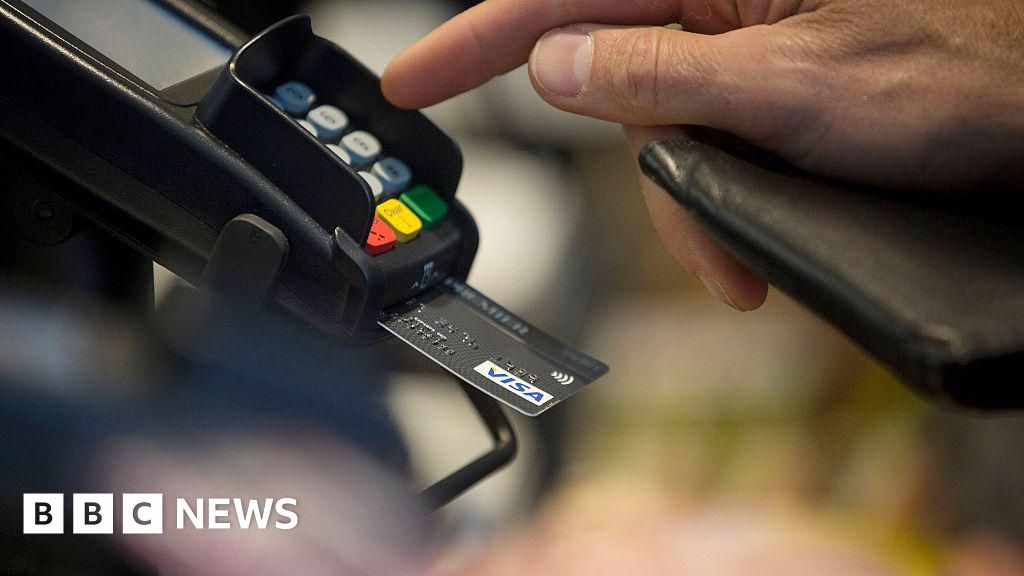
The United States has filed a lawsuit against Visa Inc., accusing the financial giant of illegally stifling competition to maintain a monopoly on the debit card market.
She said Visa punished companies that wanted to use alternative payment networks and paid money to potential competitors to maintain its market dominance.
The Justice Department said these steps have slowed innovation and imposed significant additional costs on American consumers and businesses.
Visa said the allegations were “baseless” and that it would defend itself in court.
Businesses and consumers choose Visa because of its “secure and trusted network,” said Julie Rotenberg, Visa’s general counsel.
“Today’s lawsuit ignores the fact that Visa is just one of many competitors in a debit space that is continuing to grow, with burgeoning competitors entering the fray,” she said.
“This lawsuit is without merit, and we will defend ourselves vigorously.”
The lawsuit against Visa is the latest competition-related lawsuit by the Biden administration, which has taken a more aggressive approach to monopoly concerns, known as antitrust in the United States, than previous administrations.
The company’s practices have also faced lawsuits and scrutiny from traders and competition regulators in other parts of the world including Europe and Australia.
The Justice Department began investigating the Visa case in 2021.
According to the complaint, the company processes more than 60% of debit transactions in the United States, and collects $7 billion in fees annually. As of 2022, its debit card business was larger in revenue than its credit card unit, and highly profitable.
Attorney General Merrick Garland said Visa’s dominance allowed it to extract fees far higher than it would have charged in a “competitive market.”
“Merchants and banks pass these costs on to consumers, either by raising prices or reducing quality or service,” he said. “As a result, Visa’s illegal behavior doesn’t just affect the price of one thing — it affects the price of almost everything.”
The company’s shares fell more than 5%.
The lawsuit, filed in federal court in New York, said Visa used a “web of contracts” that required companies to commit to directing a certain volume of transactions to Visa’s network or face higher fees — effectively creating illegal “exclusivity deals.”
The company said it began making such deals after a new law in 2012 tried to boost competition in the debit market, by requiring banks to make debit cards usable on at least two competing payment networks.
The Justice Department said Visa also used its market dominance to threaten technology companies like PayPal with large fees unless they signed deals requiring them to route payments through the company.
She asked the court to rule that Visa is a monopoly and to bar it from continuing its alleged “anti-competitive” practices.
The case is not radical, but it will still pose a challenge for the government, said George Alan Hay, a professor at Cornell Law School and an expert on antitrust law.
Among the sensitive points, he said, will be the question of how to define the debit card market – and whether 60% is enough to constitute a monopoly.
“It will be difficult,” he said.
He added that Visa, having faced scrutiny from regulators for decades, would anticipate lawsuits as it restructured its fees.
“They will have answers, and it’s not like it surprised them,” he said.

“Web maven. Infuriatingly humble beer geek. Bacon fanatic. Typical creator. Music expert.”





More Stories
Dow Jones Futures: Microsoft, MetaEngs Outperform; Robinhood Dives, Cryptocurrency Plays Slip
Strategist explains why investors should buy Mag 7 ‘now’
Everyone gave Reddit an upvote